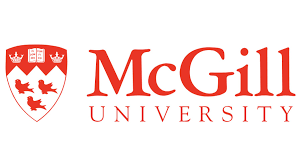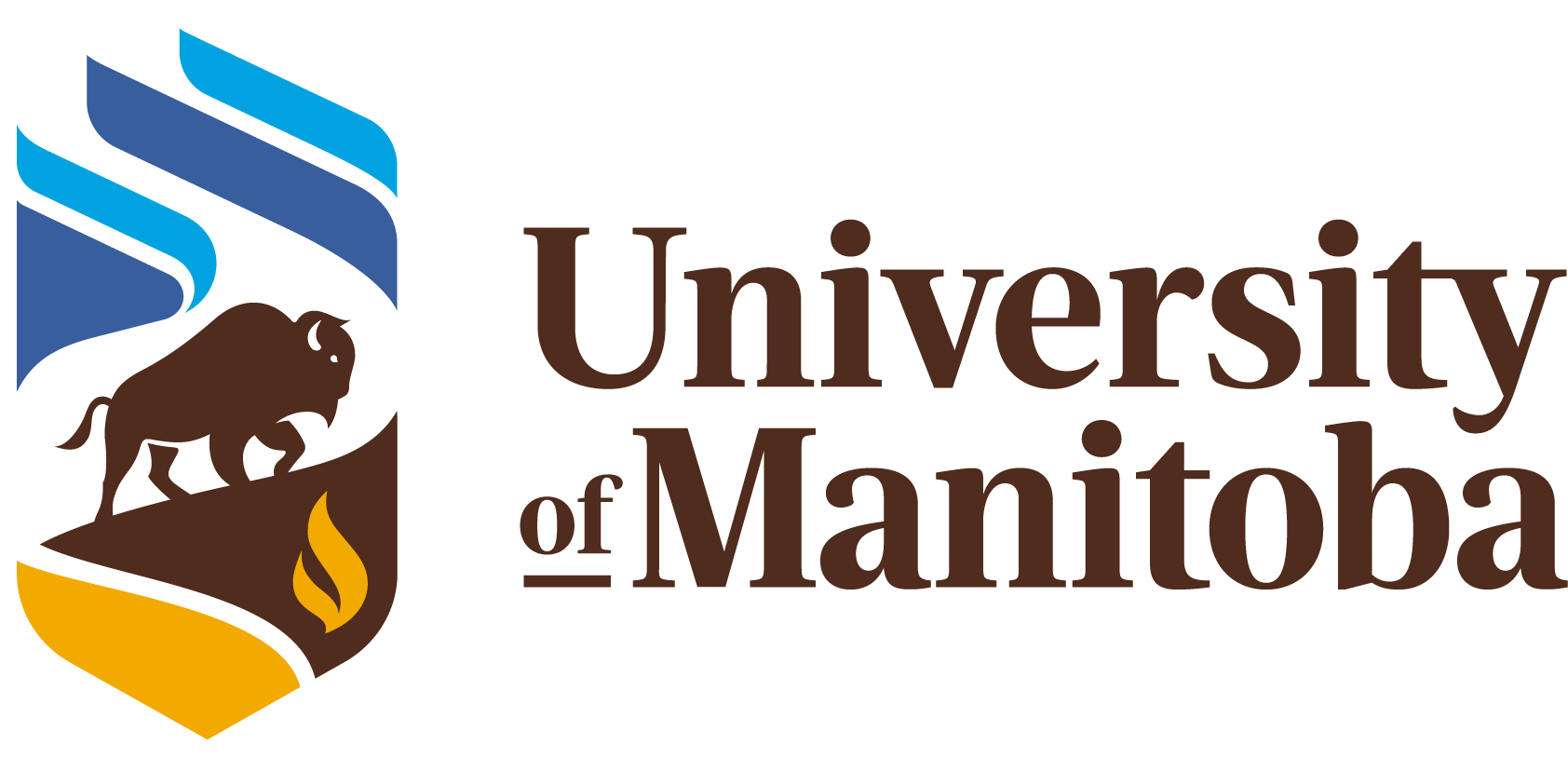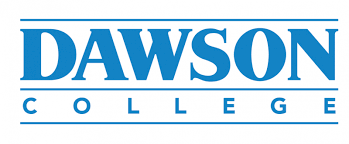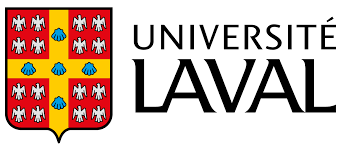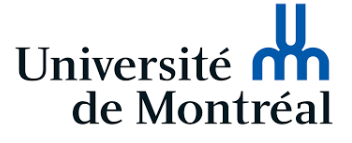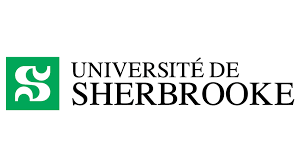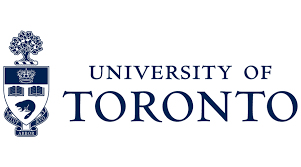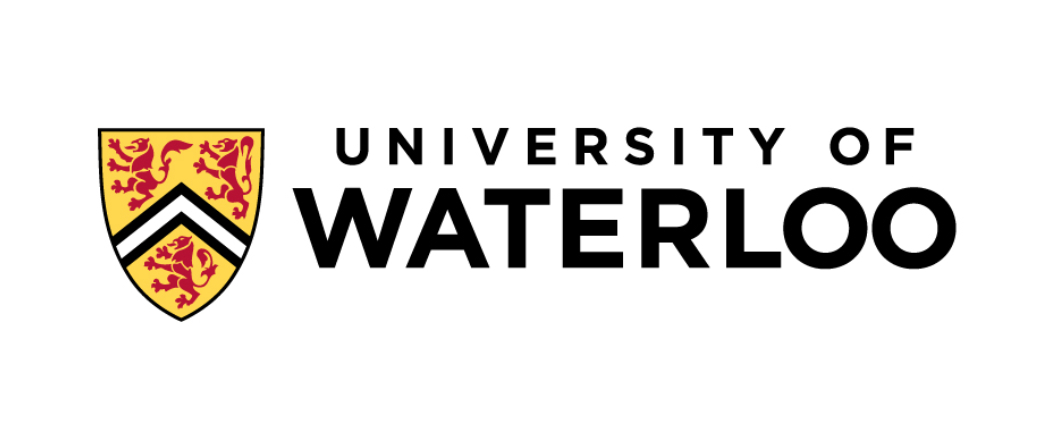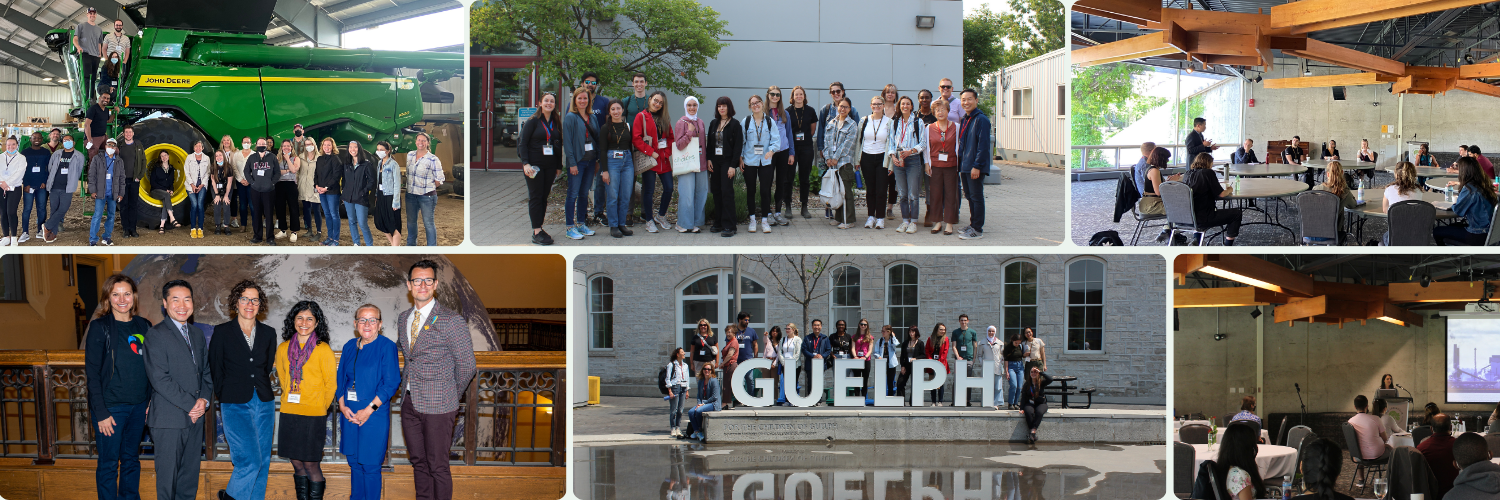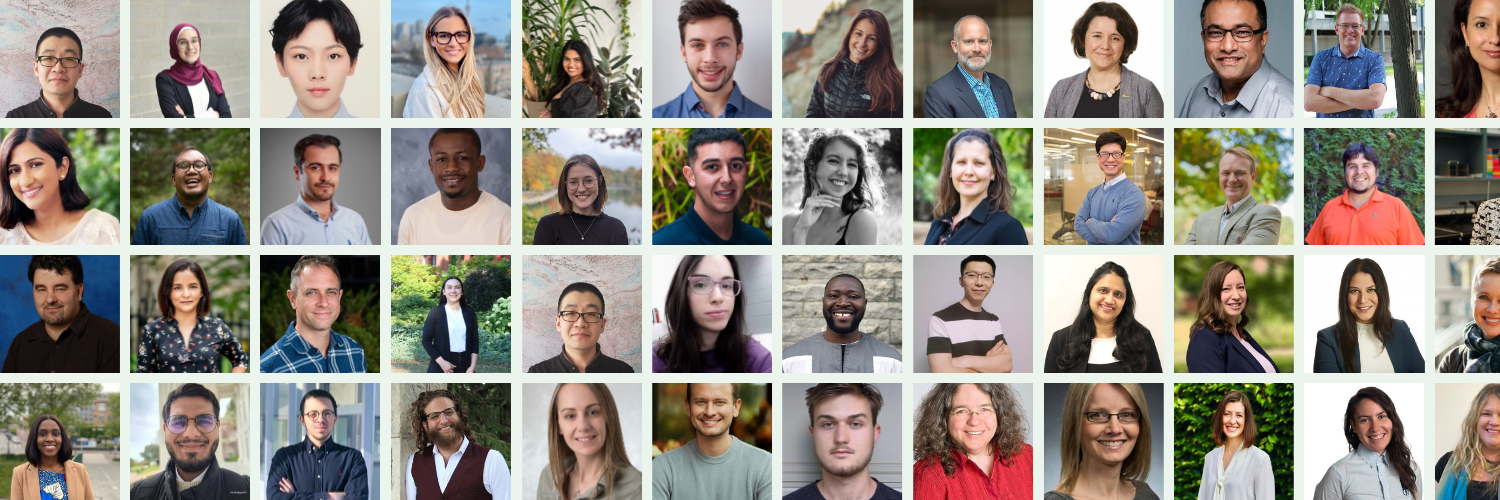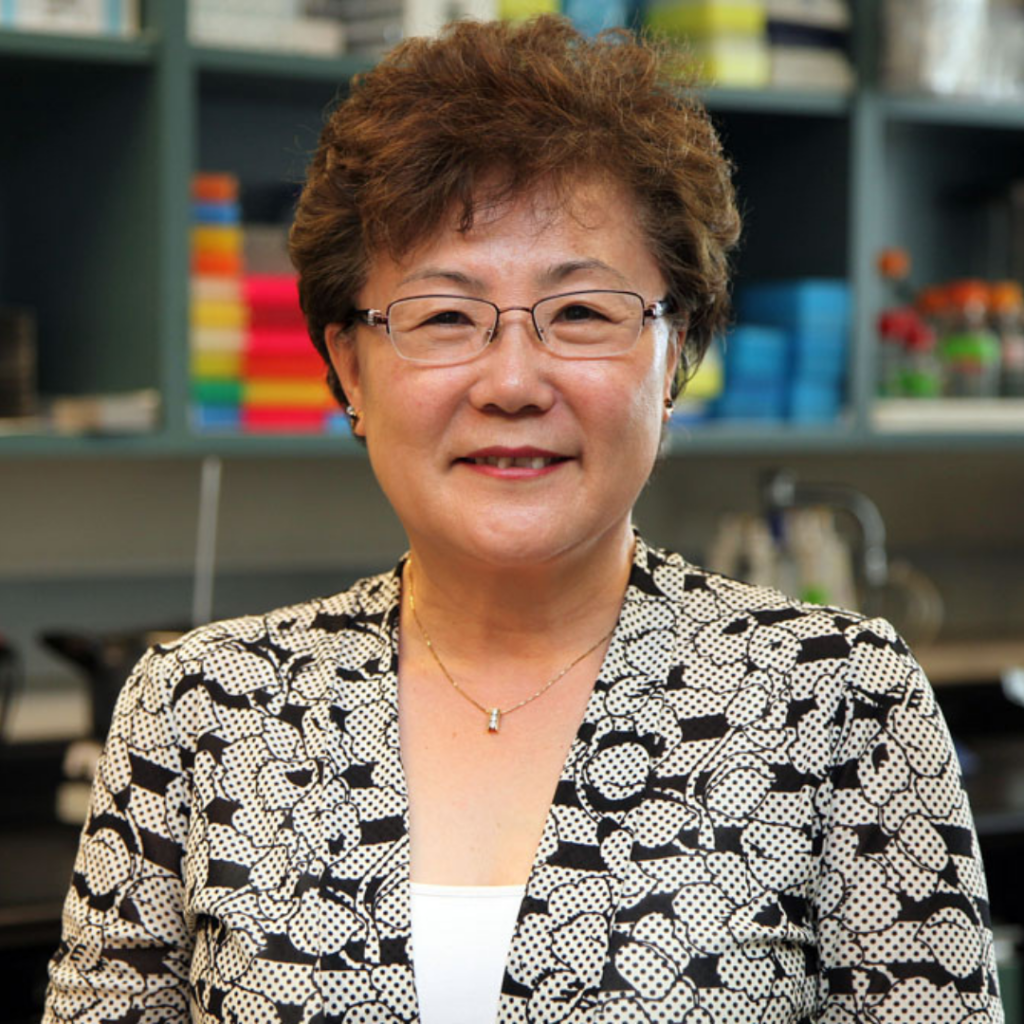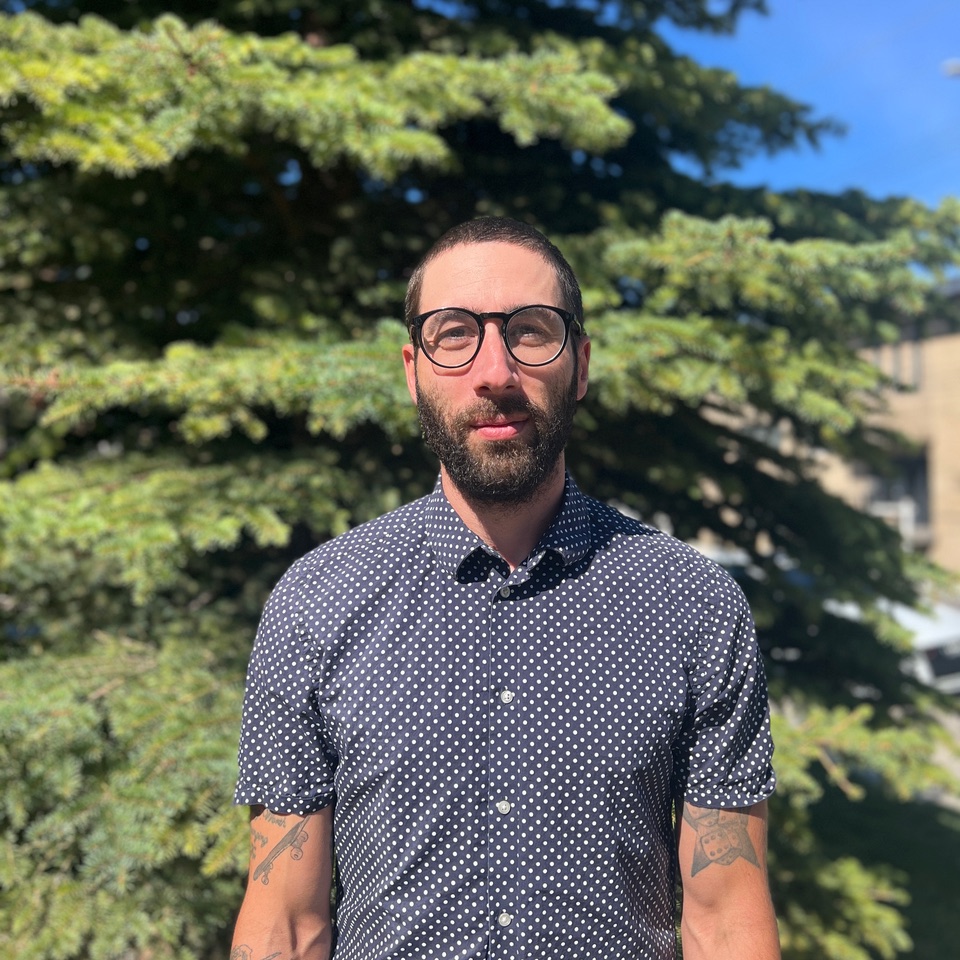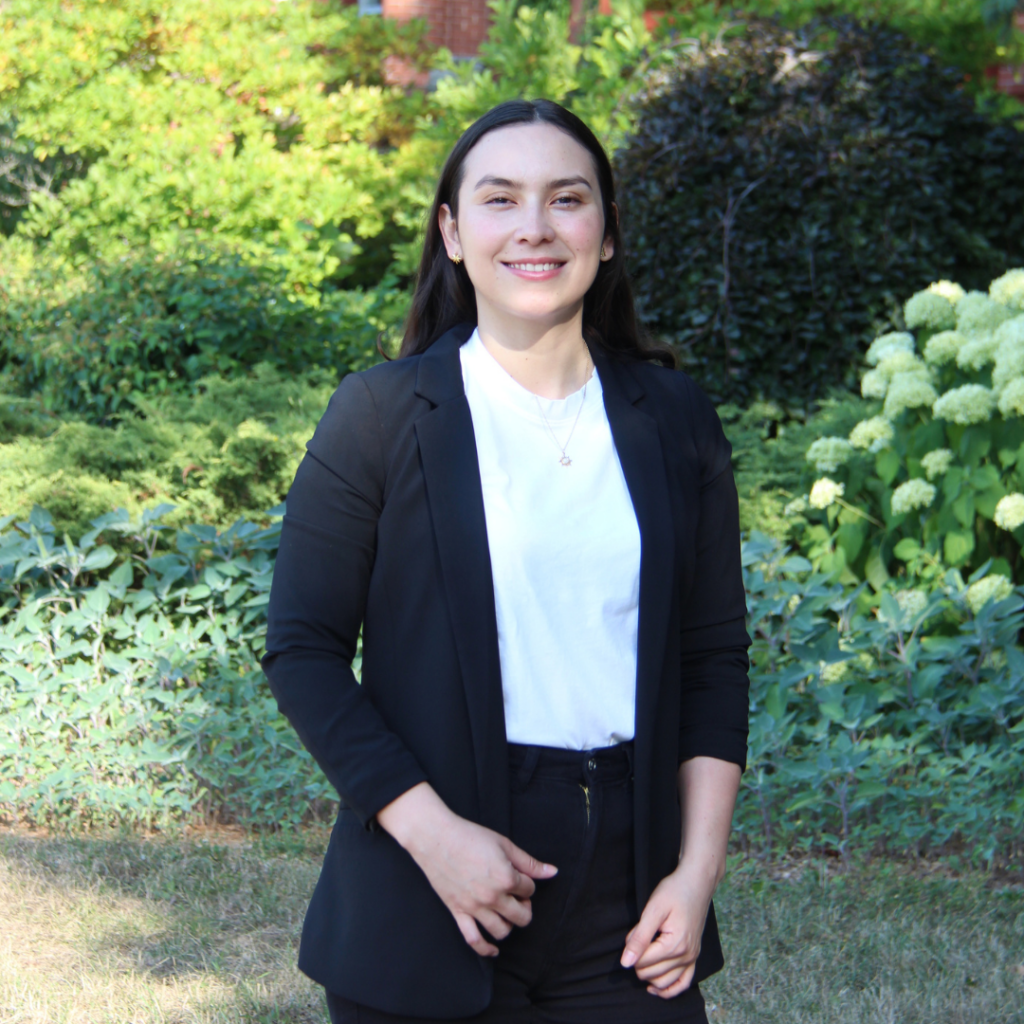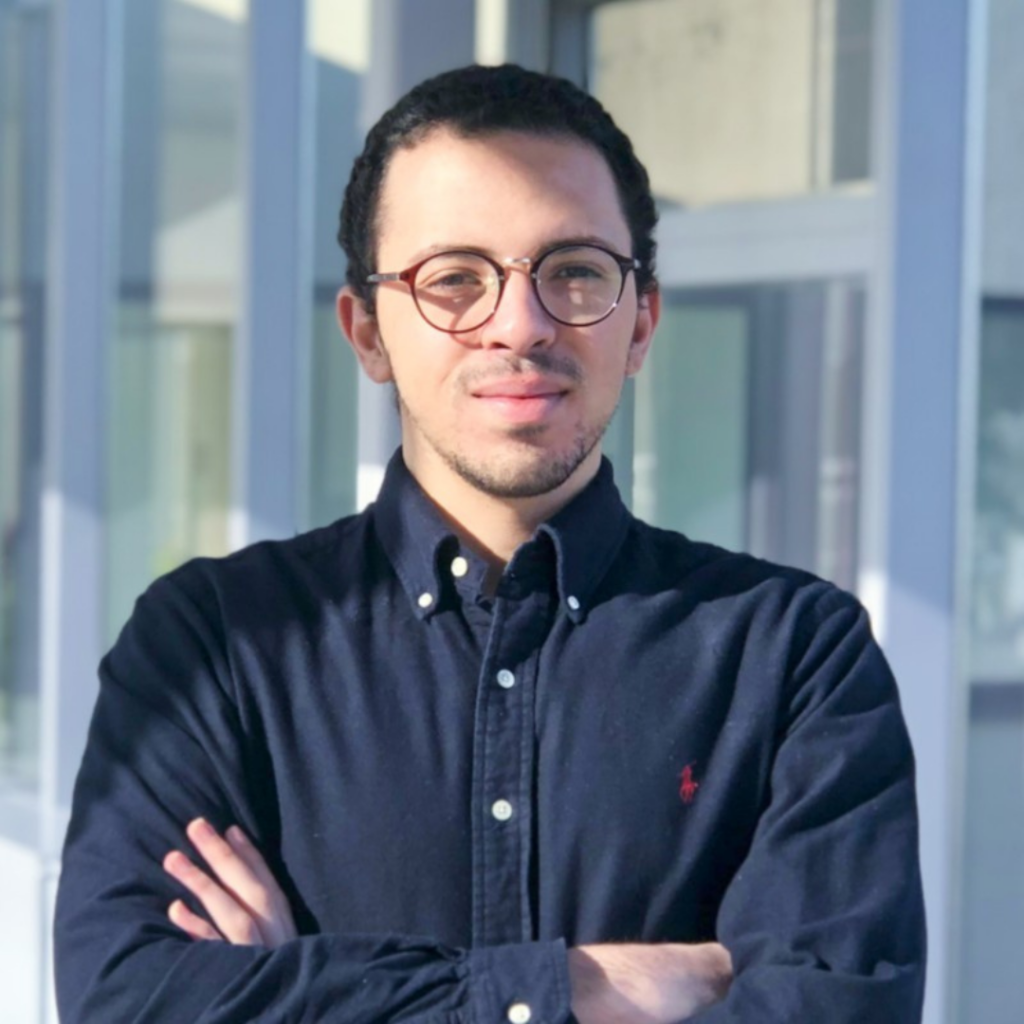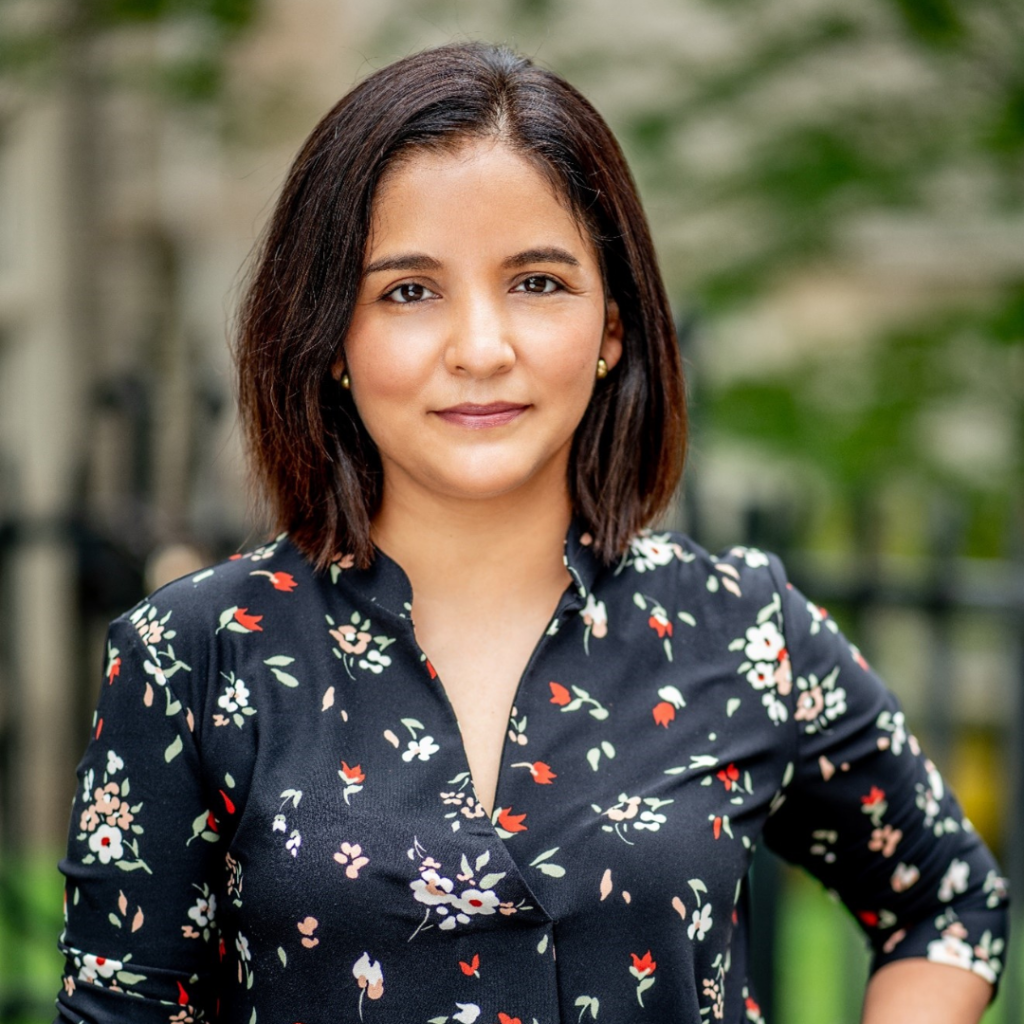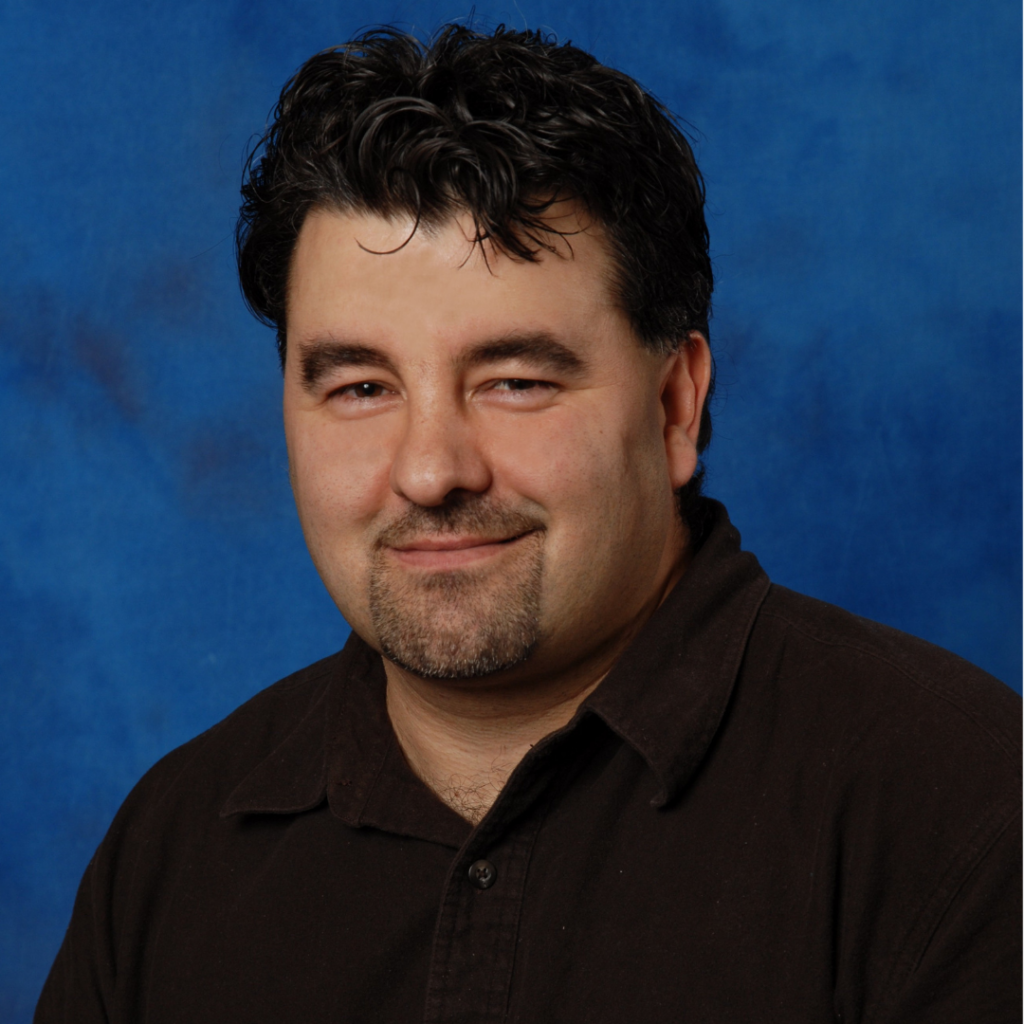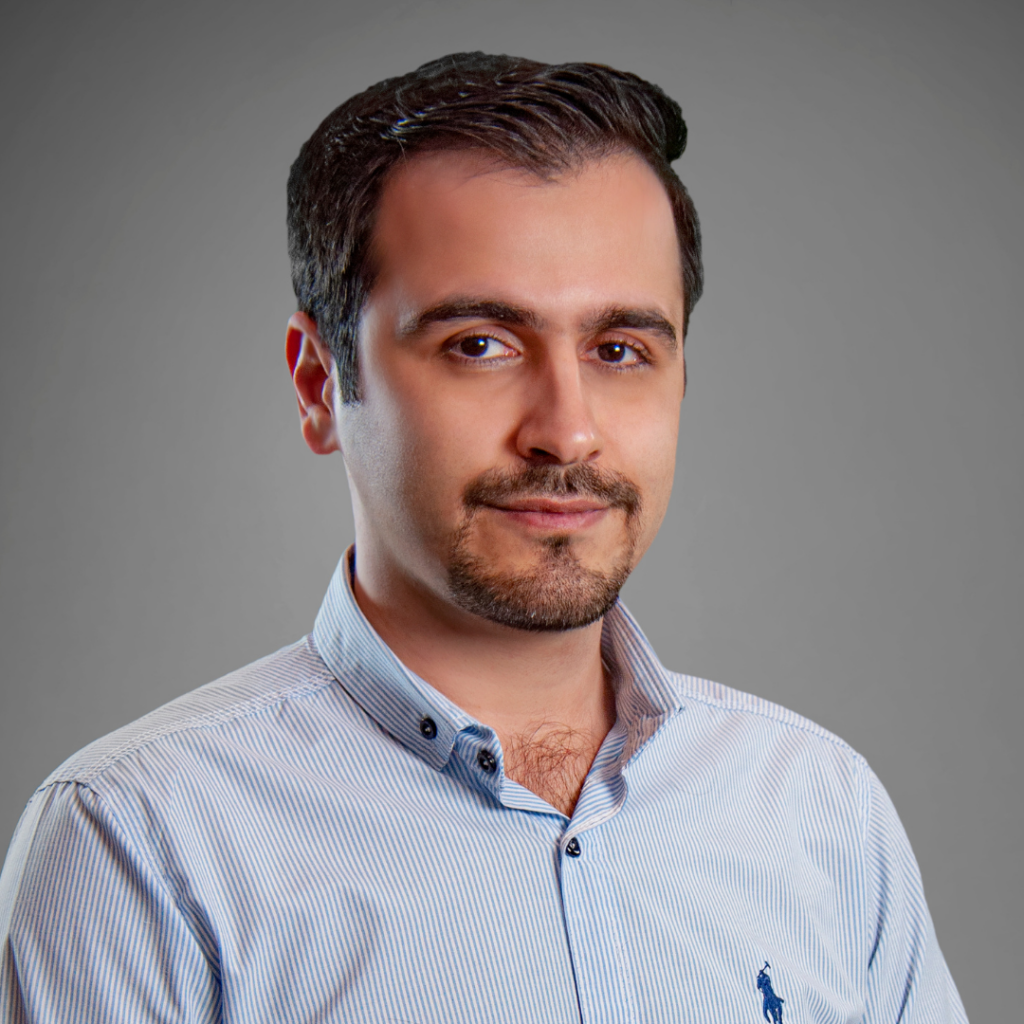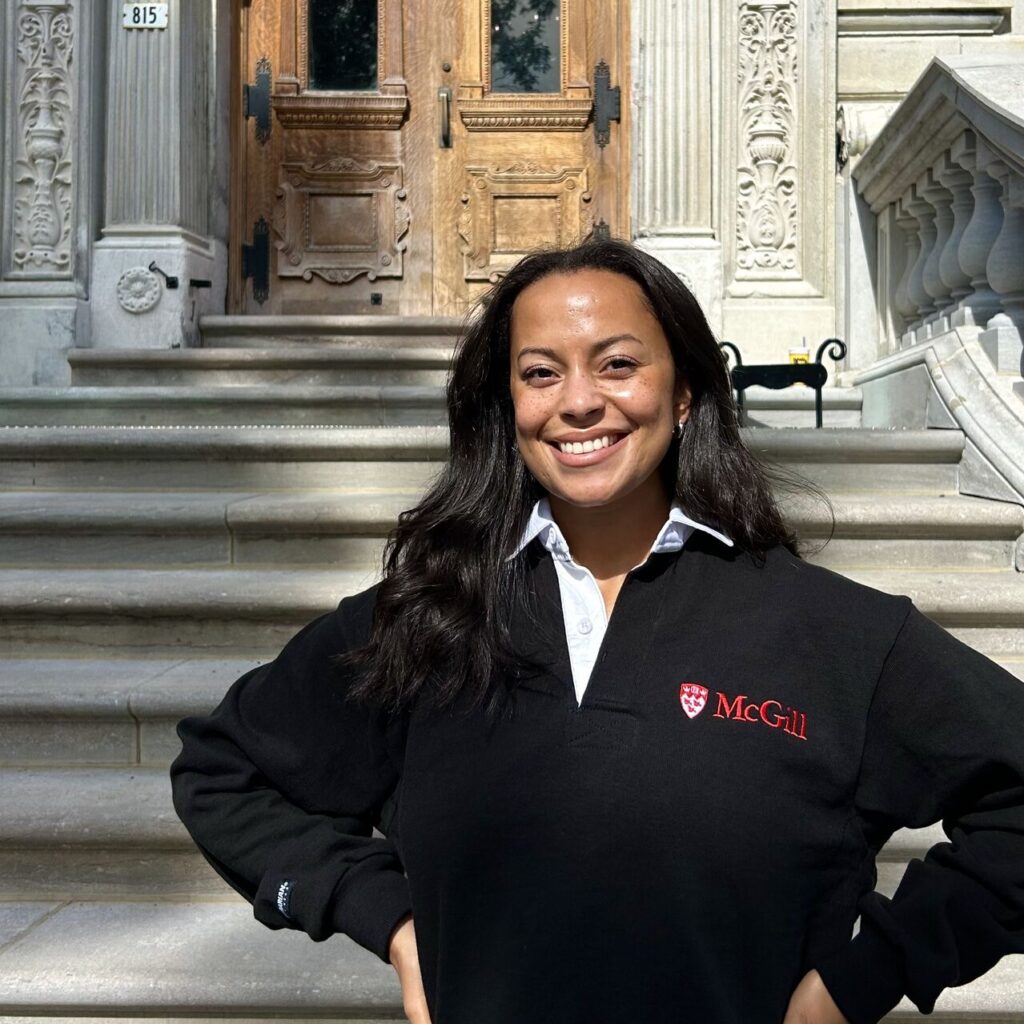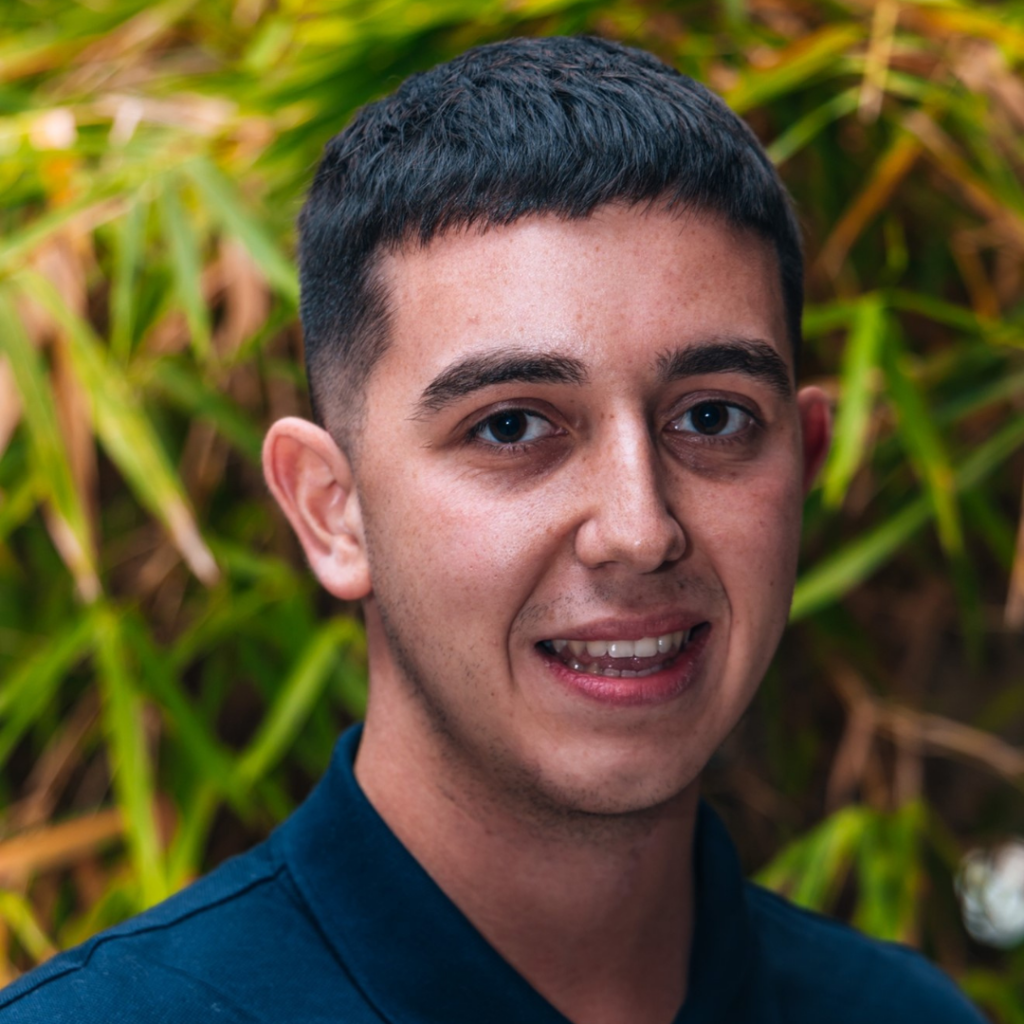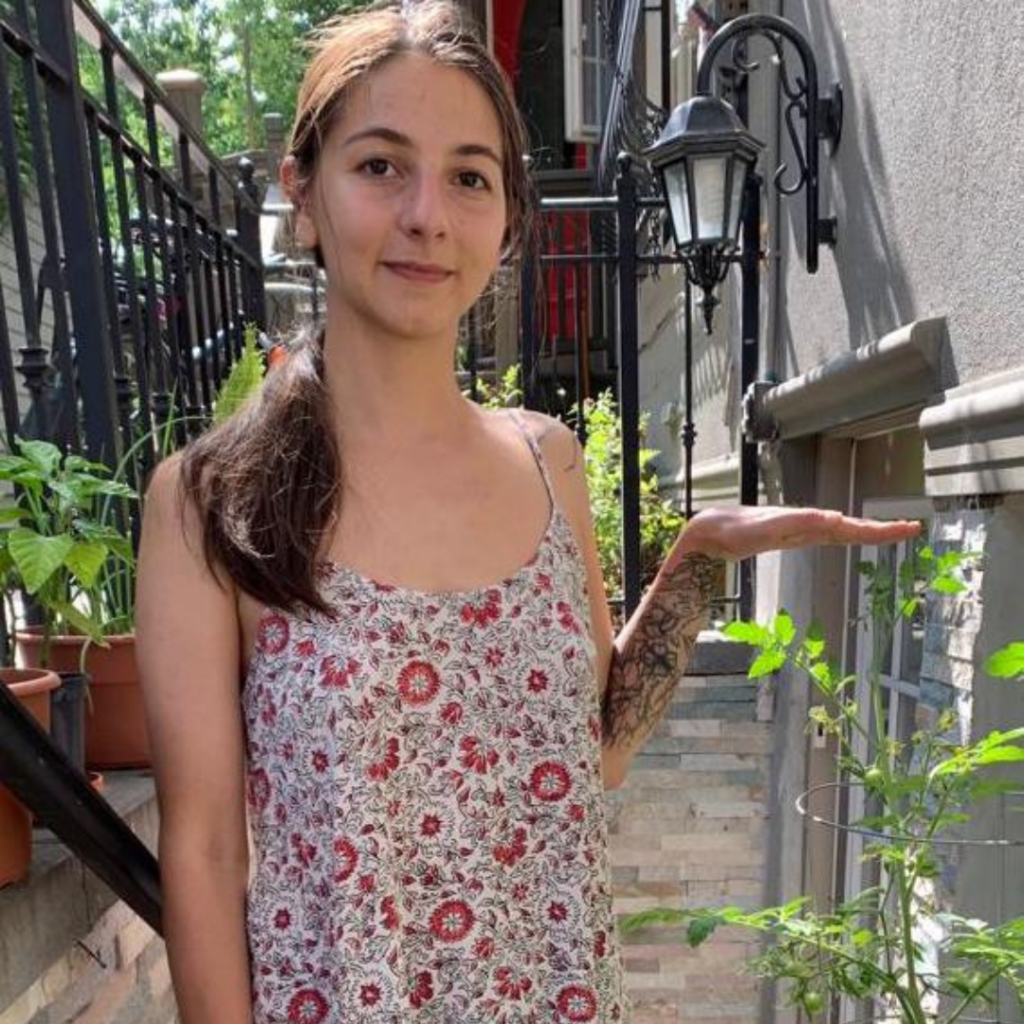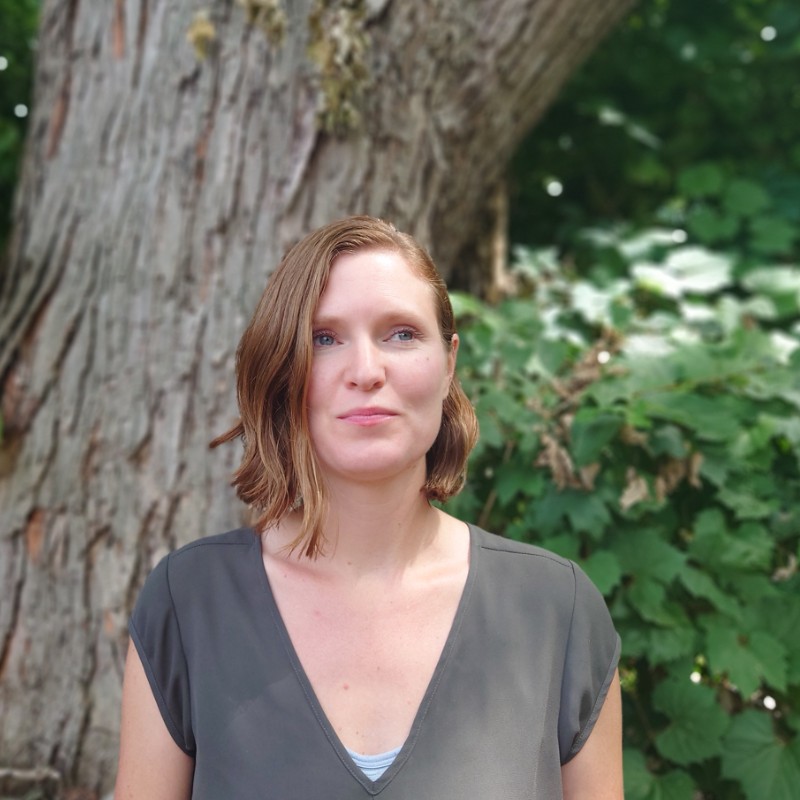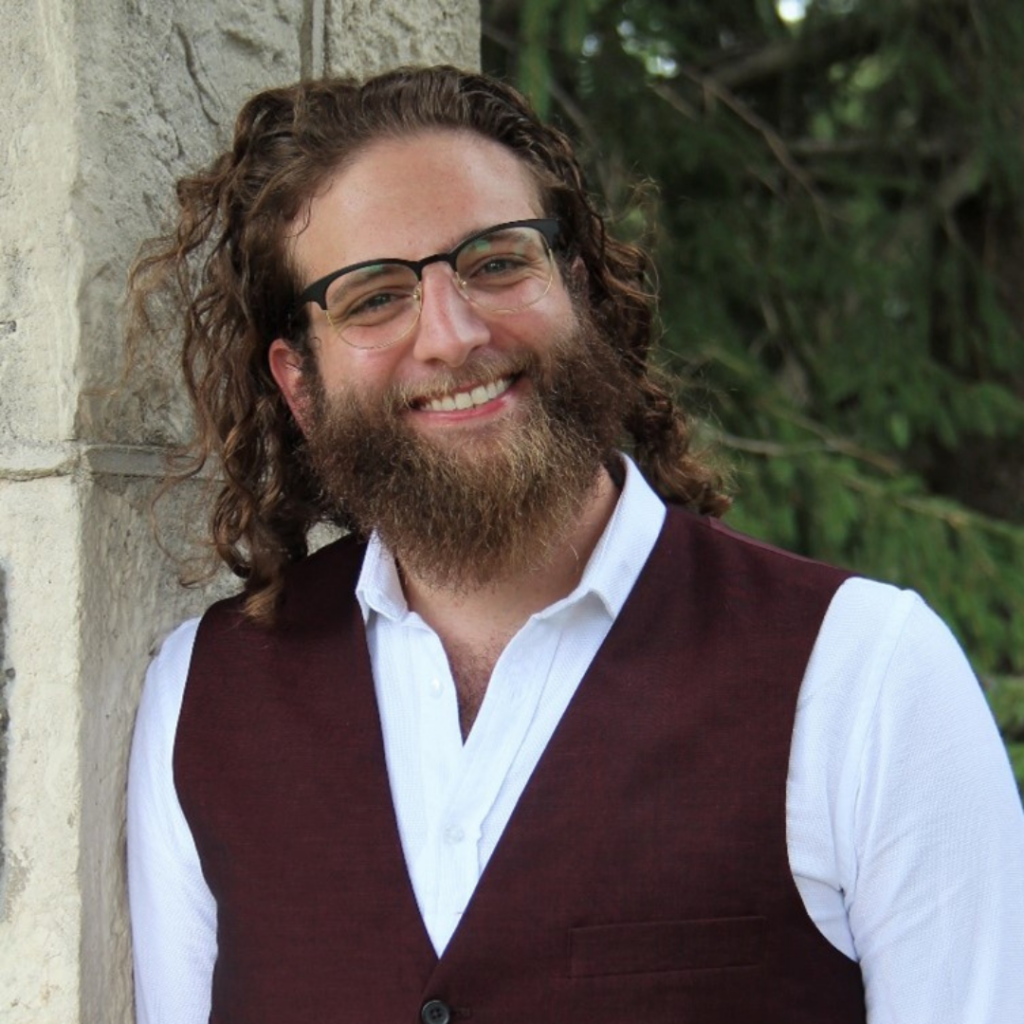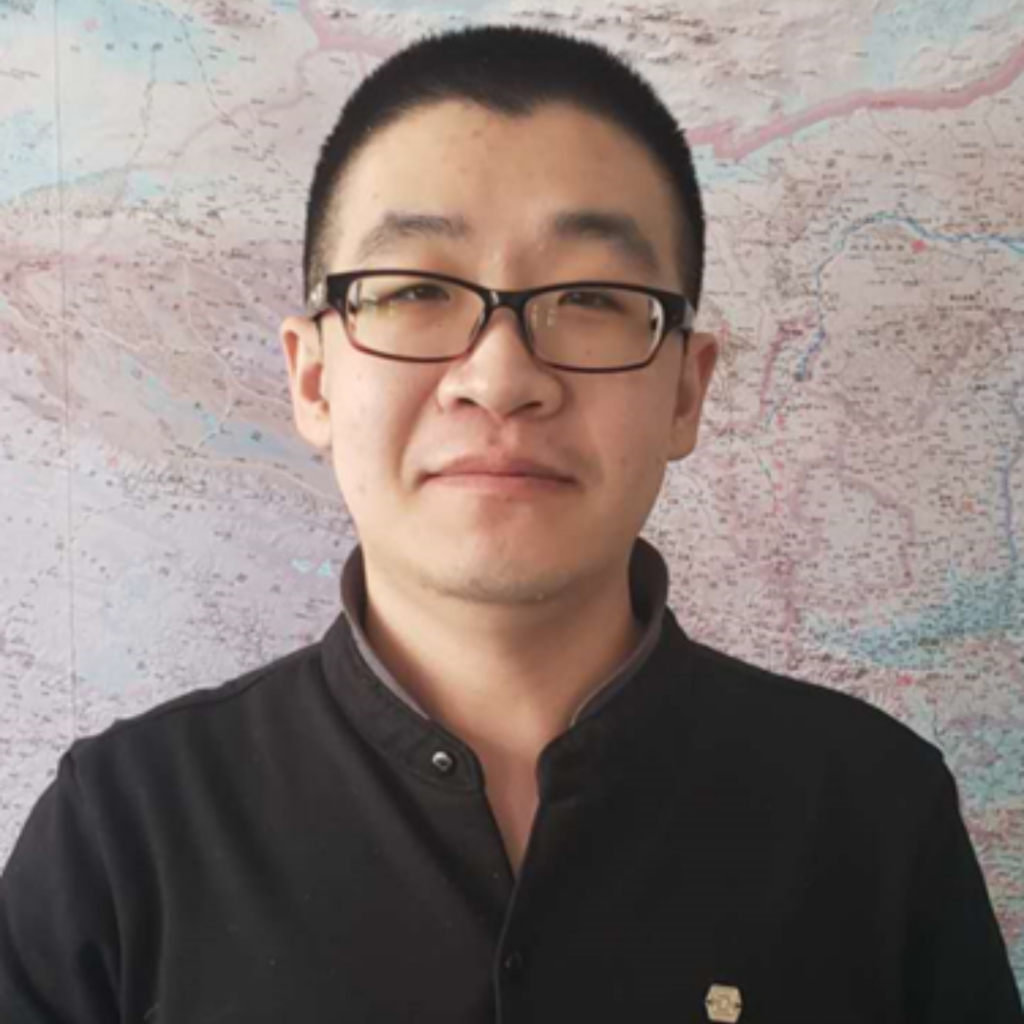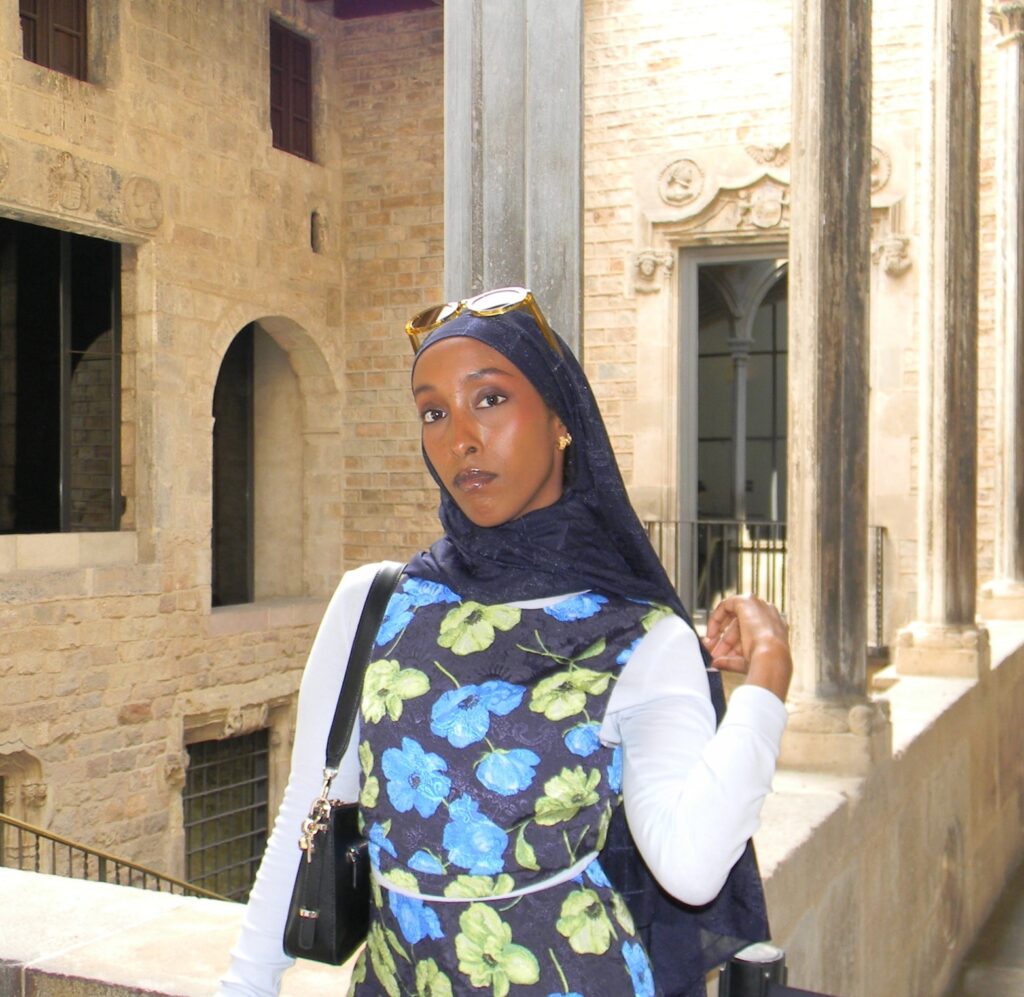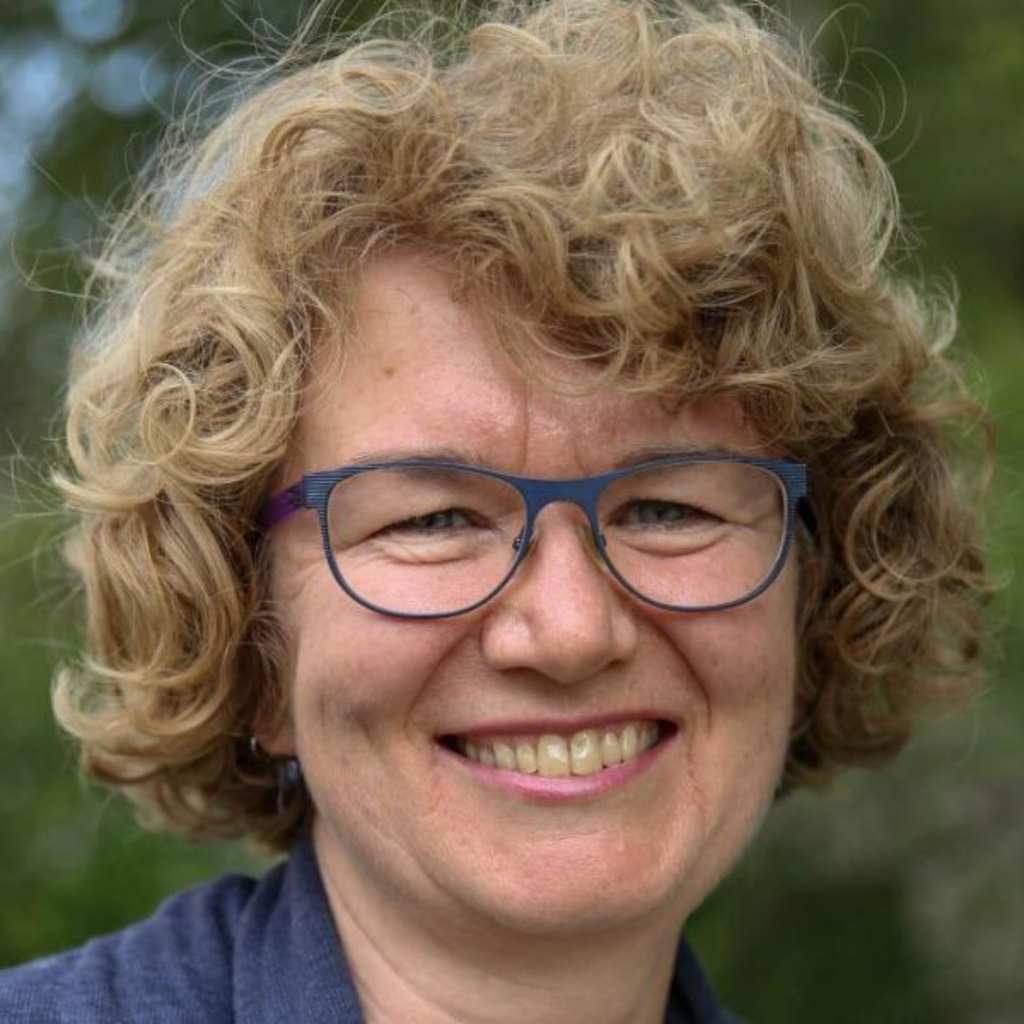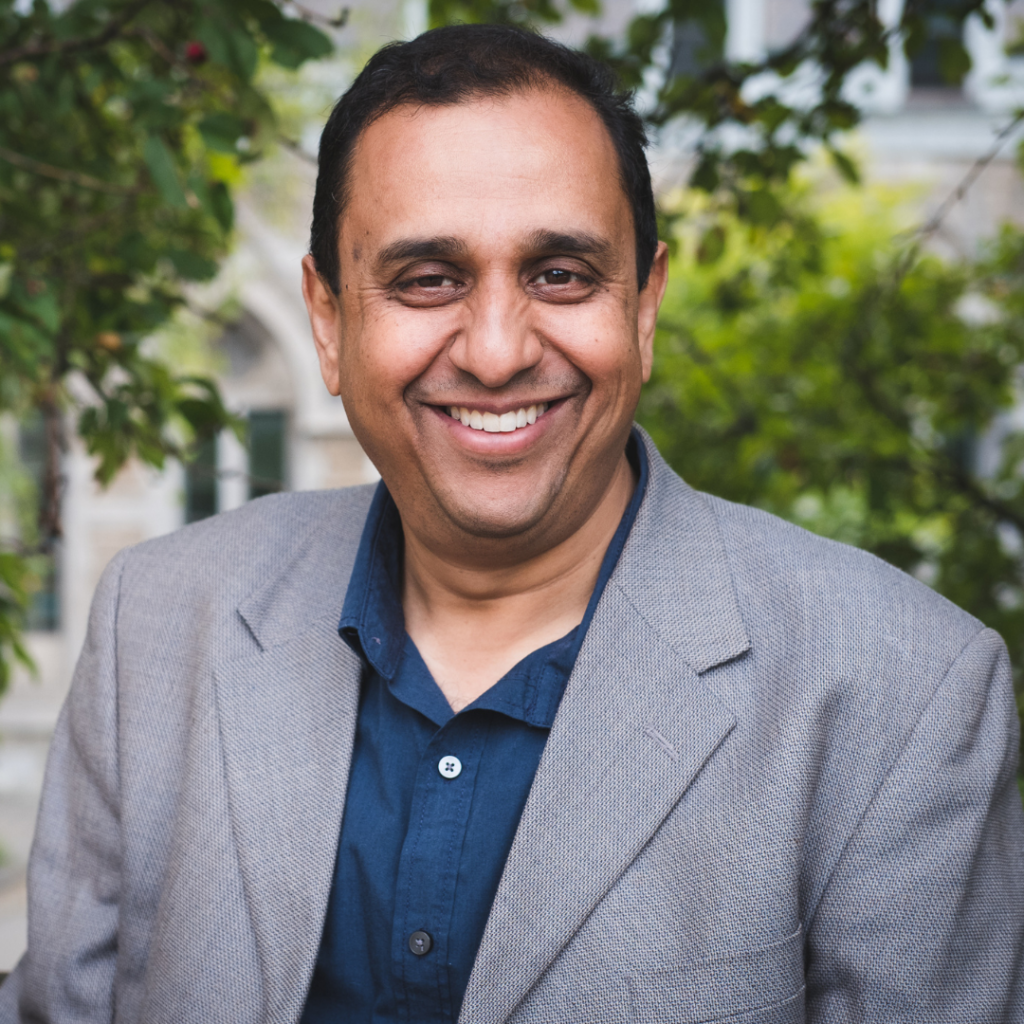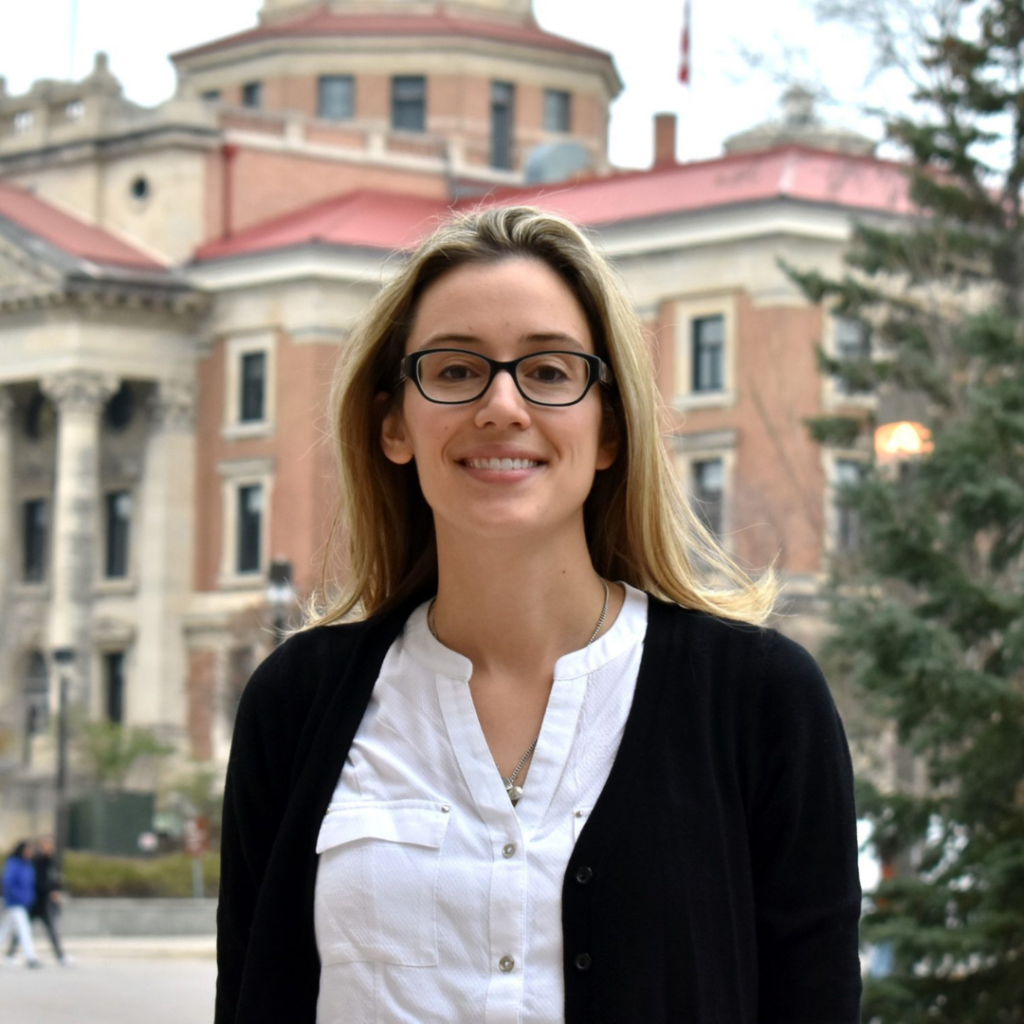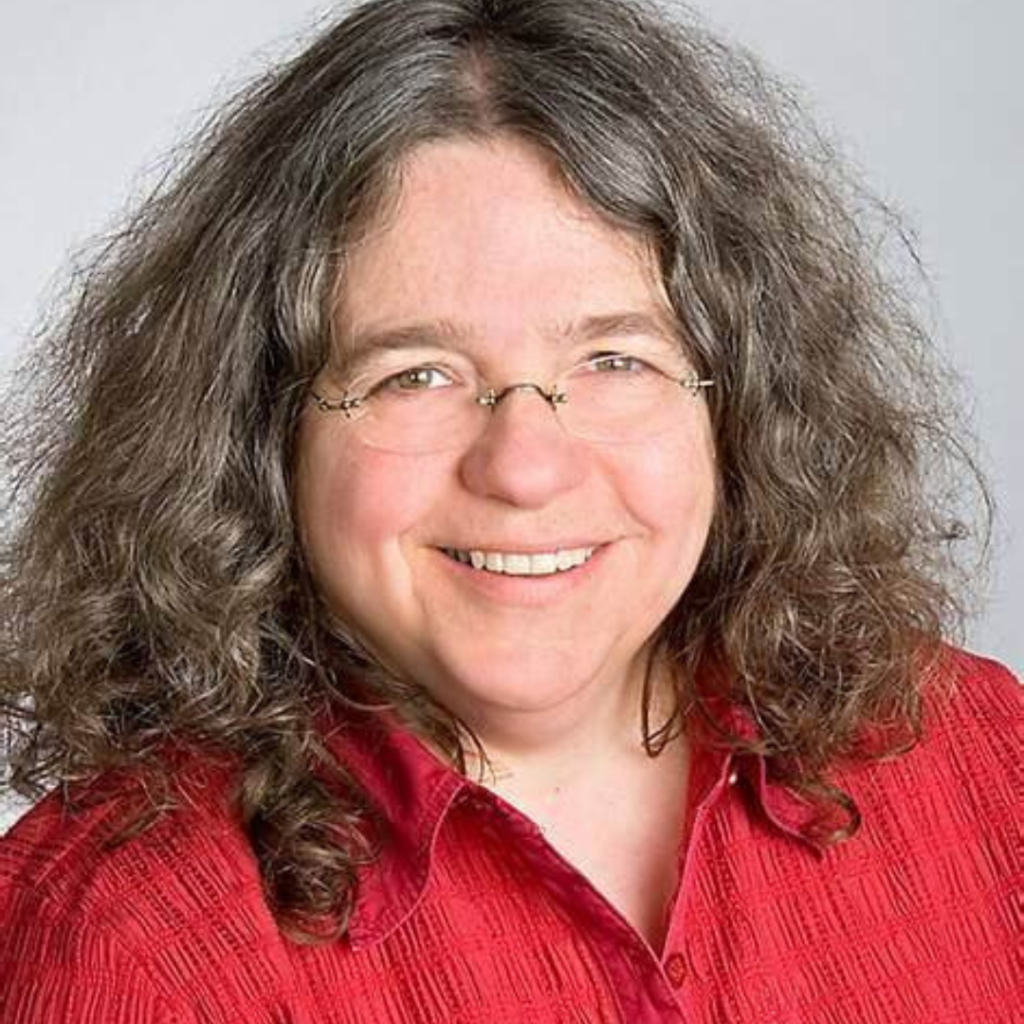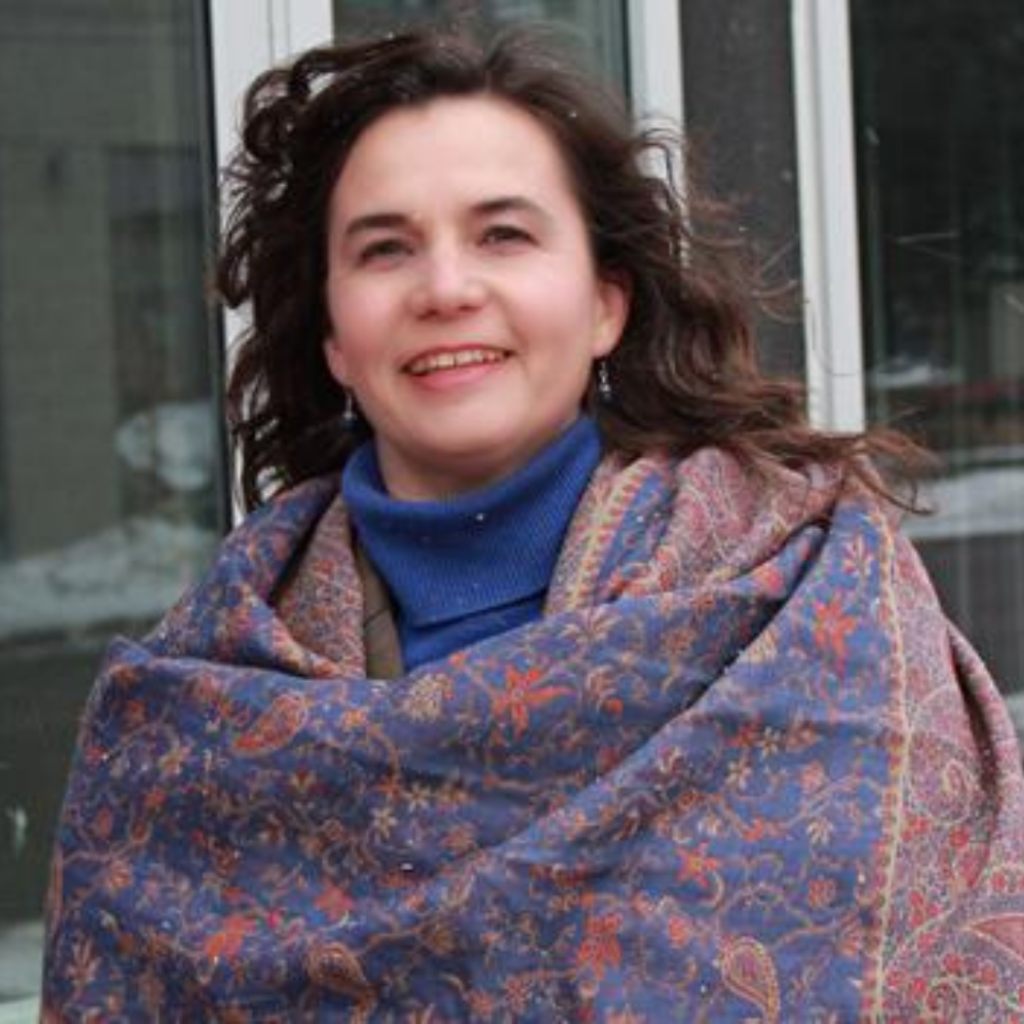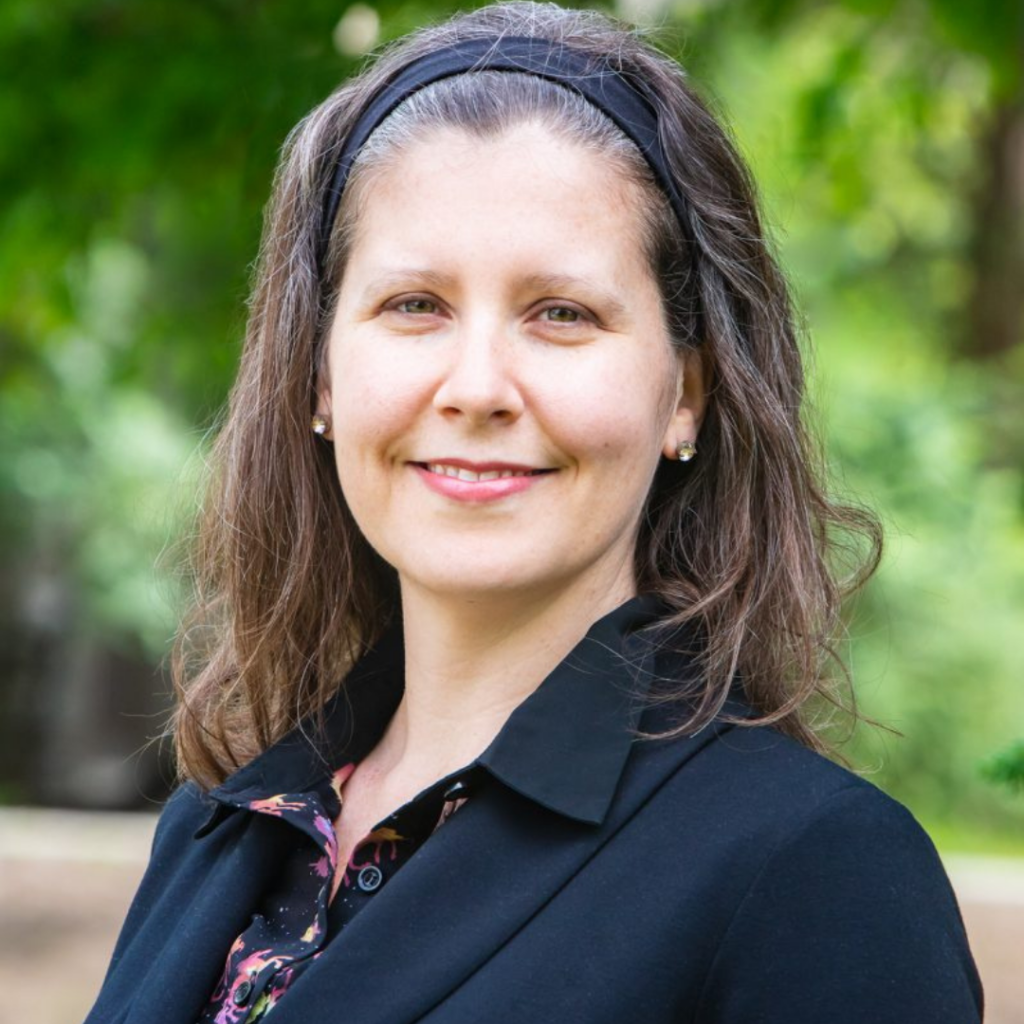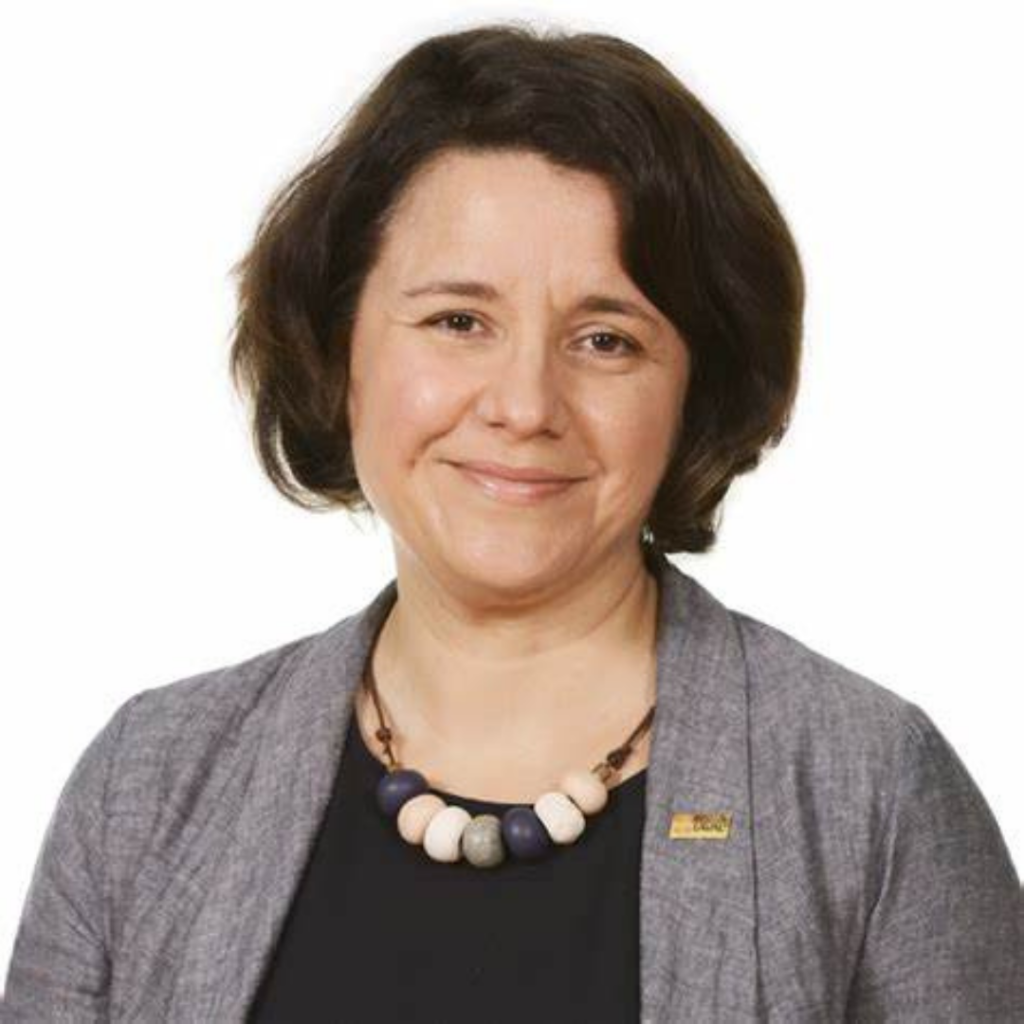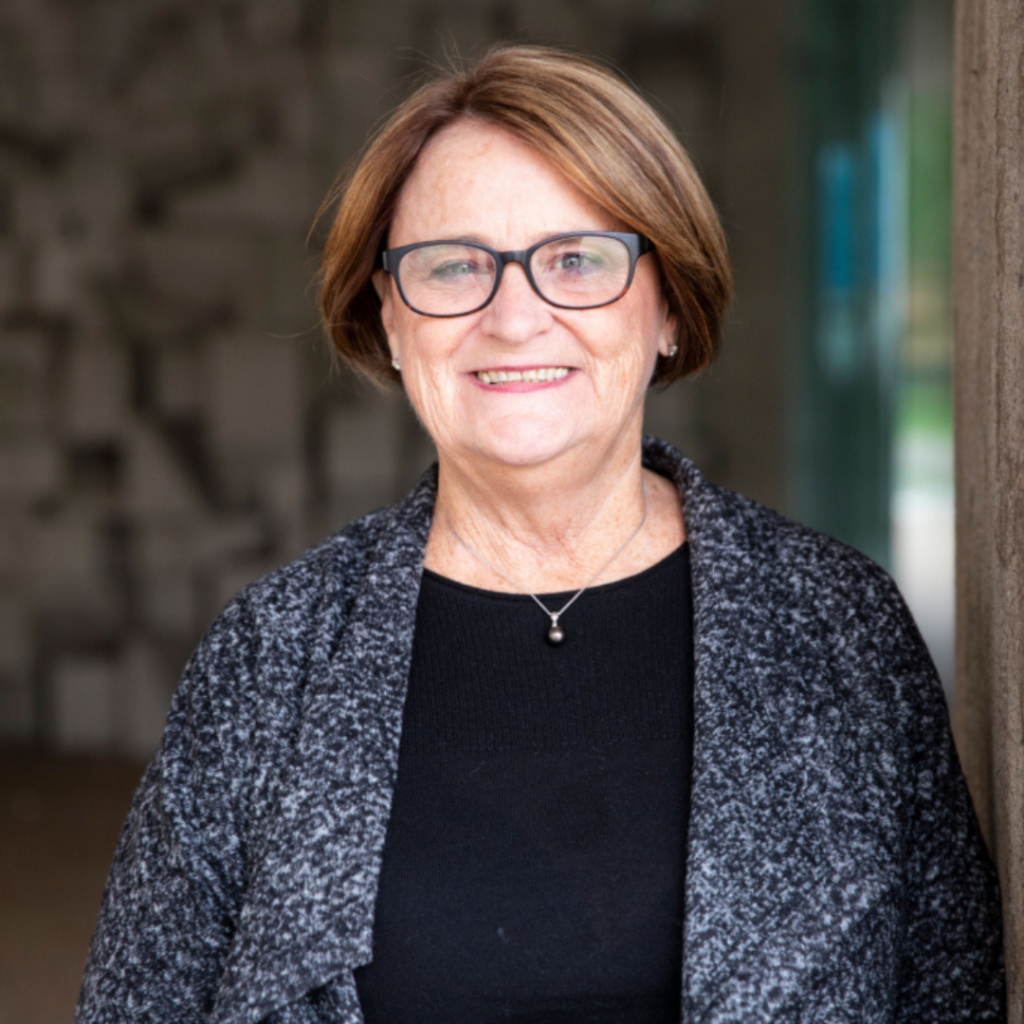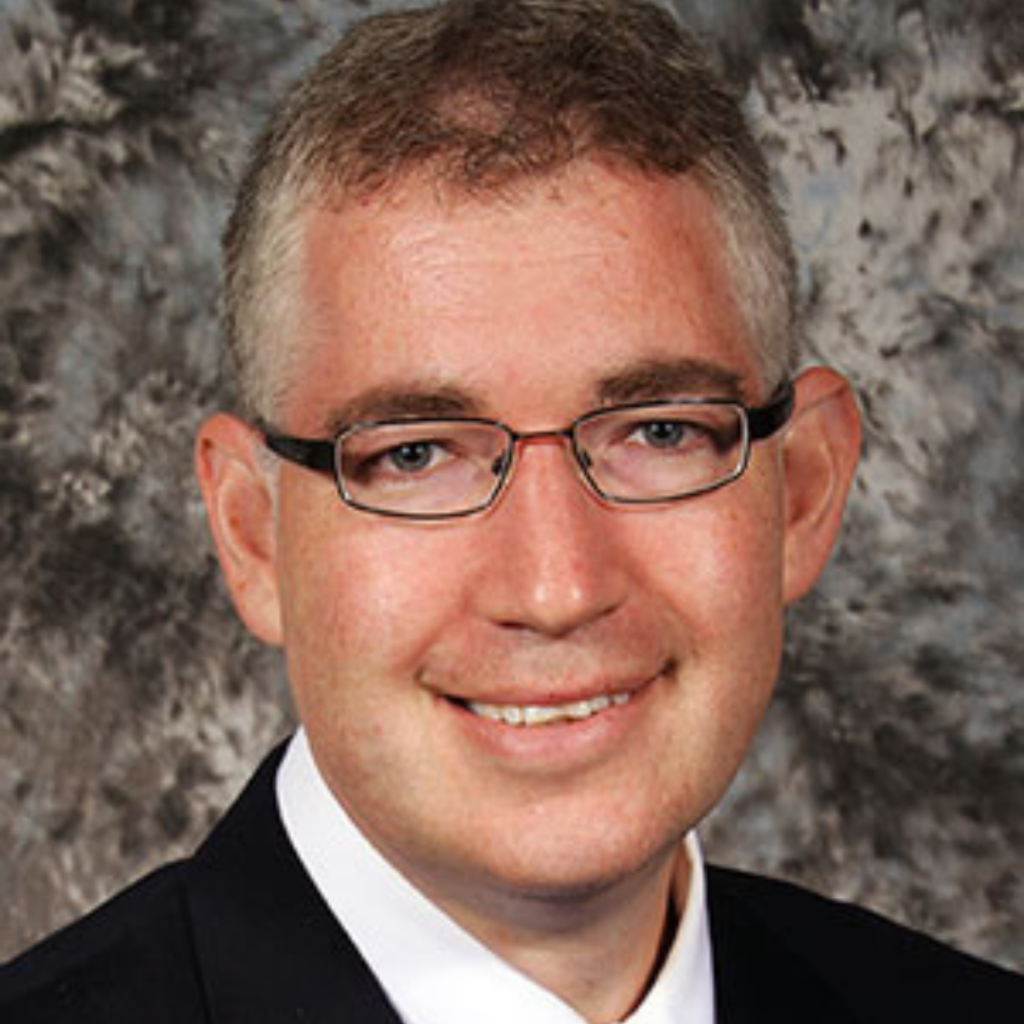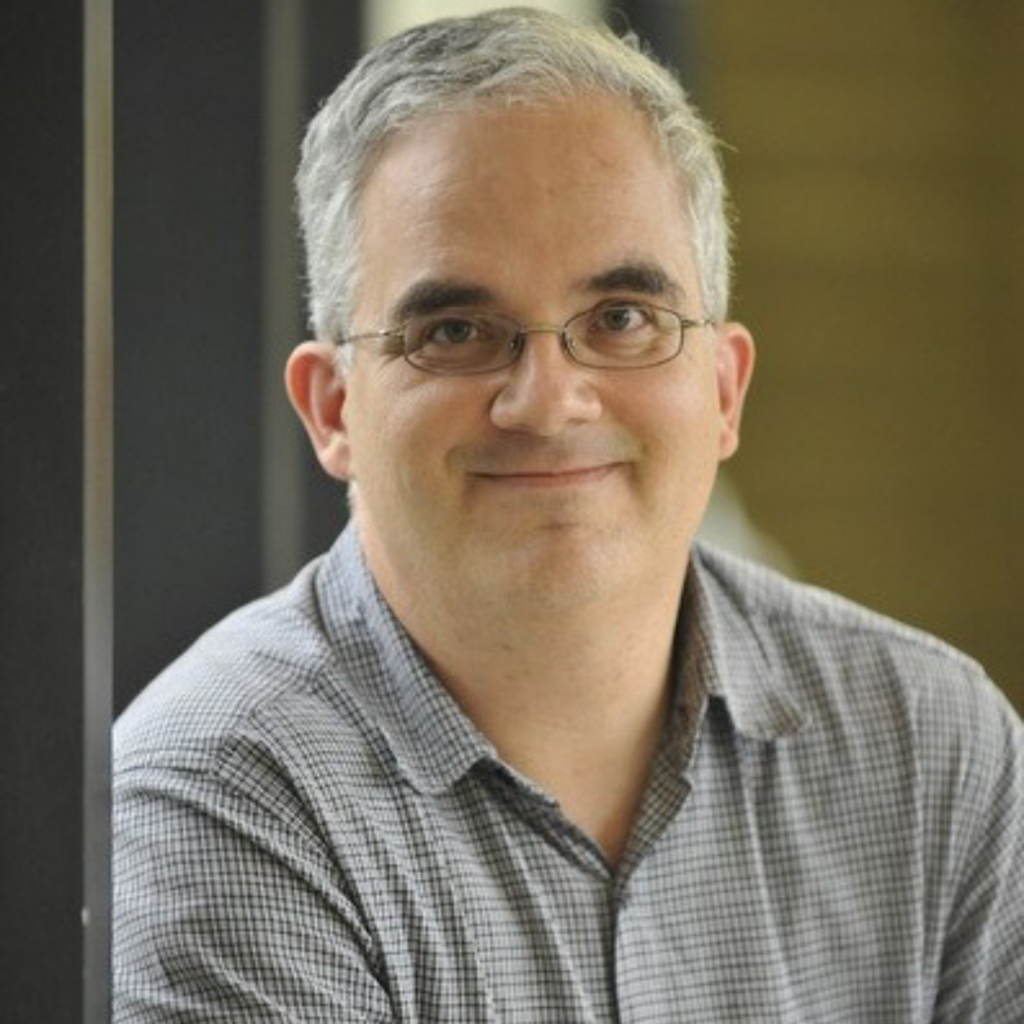What is SMART?
The SMART Healthy Cities Training Platform will train the next generation of health, social sciences and humanities, engineering and natural science researchers, to find ways to make Canadian cities healthier, more livable, and more resilient using food and food systems to improve population health.


Turning knowledge into action
Our program is designed to provide trainees from Canadian institutions with the knowledge and skills to tackle many of the challenges faced in urban environments, creating smart solutions to improve food access, mobility, and health in Canadian communities, including First Nations. Trainees will engage in implementation science; that is, all aspects of how to move knowledge into action from conception, execution, testing, scale up and evaluation. Experiential learning opportunities will enable trainees to put these skills to use.
Solving complex societal problems
The focus of our research efforts is on the central place of food in cities, the use of ‘big data’ to create smart solutions for urban environments, and bringing together the best knowledge, practices, and tools from different fields of study to solve complex societal problems.

The SMART Training Platform
The Implementing Smart Cities Interventions to Build Healthy Cities (SMART) Training Platform aims to equip the next generation of researchers to implement successful, scalable and enduring solutions to healthy city challenges facing growing urban centres of all sizes in Canada and globally.
The SMART Training Platform was the successful training platform grant submission to Canadian Institutes of Health Research (CIHR) Healthy Cities Research Initiative. In 2021, we were awarded $4.95 million over 6 years to develop the training platform and train up to 460 students in implementation science and healthy cities and communities.
The project is led by Dr. David Ma from University of Guelph, Dr. Laurette Dube from McGill University and Dr.Miyoung Suh from University of Manitoba. Our team also includes 33 faculty from University of Waterloo, University of Toronto, University of Ottawa, University of Montreal, University of Sherbrooke, Laval University and Dawson College.
The SMART Training Platform was built upon three Canada Smart Cities Challenge projects from the City of Guelph, City of Montreal and the Town The Pas and the Opaskwayak Cree Nation (OCN) in Manitoba. These initiatives all have a shared focus on health, food security and resilient food systems and combine to provide a rich ecosystem of experiential learning opportunities, research projects and access to community collaborators to participating students.
The training program is open to students enrolled at one of the 10 participating post-secondary institutions across Canada, who are interested in learning about implementation science to support the development of healthy cities and communities using food and food systems to improve population health.
Students will learn state-of-the-art implementation science methods that range from effective community engagement to computational science and participate in a convergence-by design experiential learning laboratory in which real-world healthy cities challenges will be tackled through design thinking and co-creation, using big data and digital technology like AI to accelerate transdisciplinary collaboration.
Smart Cities Projects
The SMART Training Platform builds on three Smart Cities proposals from
the cities of Guelph, Montreal and the Opaskwayak Cree Nation in Manitoba.
Guelph,
Ontario
Guelph/Wellington will become Canada’s first technology-enabled Circular Food Economy, reimagining an inclusive food-secure ecosystem that increases access to affordable, nutritious food by 50%, where “waste” becomes a resource, 50 new circular businesses and collaborations are created, and circular econorevenues are increased by 50% by 2025.
Montréal,
Quebec
The Montreal community is shaping an efficient and dynamic neighbourhood life by innovating mobility and access to food. Through a co-creation and citizen participation process, the accessibility of services and the well-being of Montrealers are increasing significantly.
Opaskwayak Cree Nation (OCN)
OCN will utilize LED Smart Farming technology to develop sustainable fresh food production system that are operated locally to meet local health, economic and social needs.
OCN will also develop a smart food production and distribution system that will decrease the reliance on imported vegetables while decreasing chronic diseases.
Institutions across Canada

